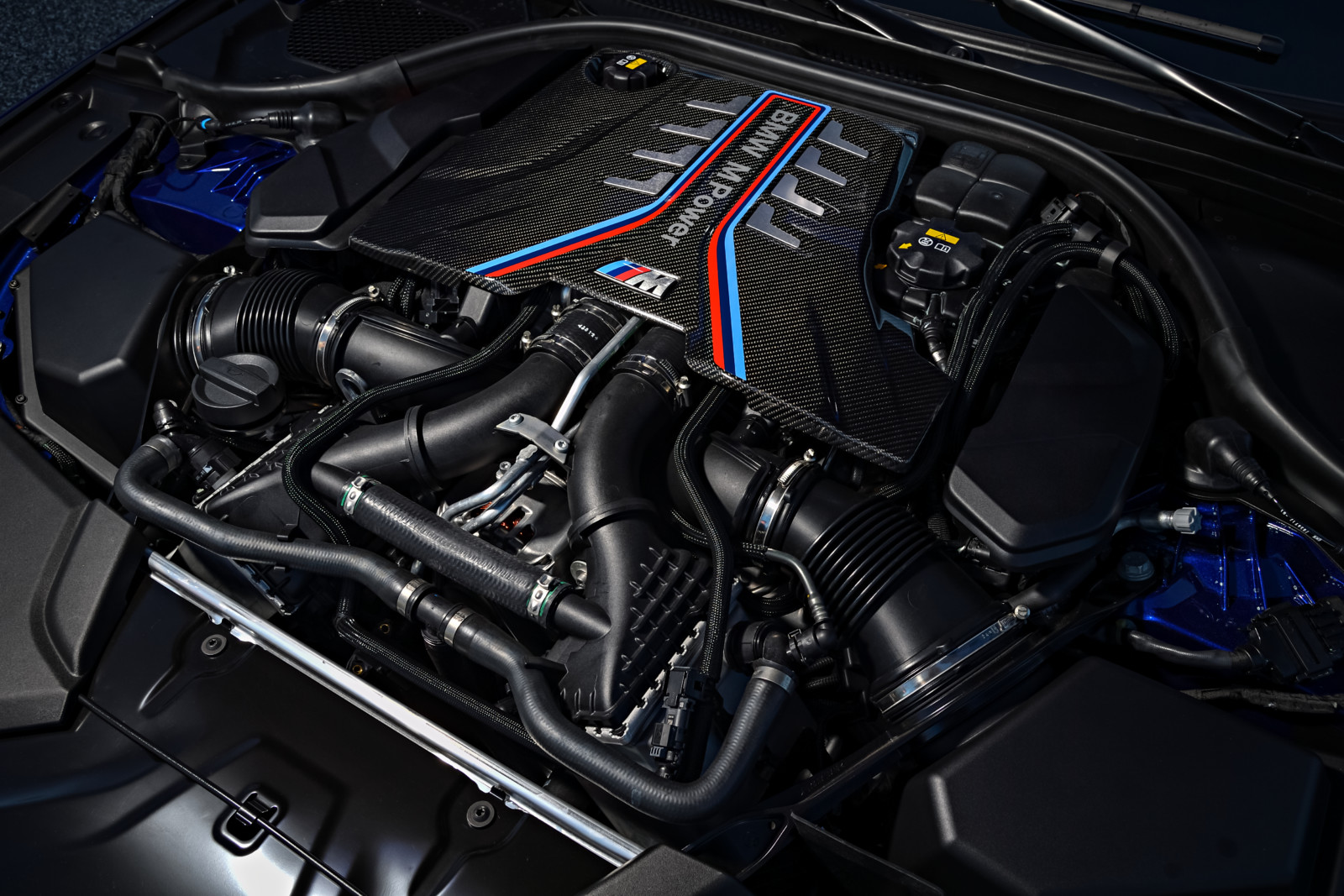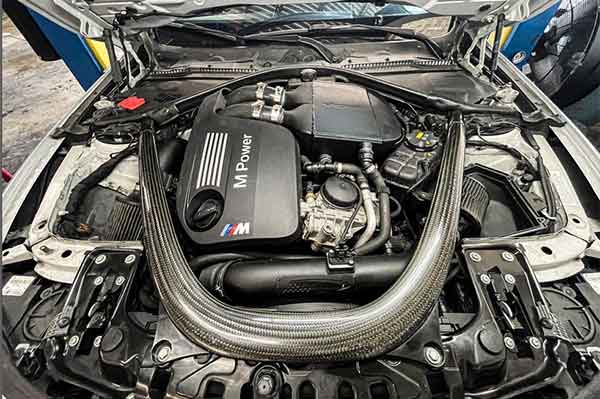The Duty of BMW Engine Style in Achieving Exceptional Fuel Performance
The Duty of BMW Engine Style in Achieving Exceptional Fuel Performance
Blog Article
Revealing the Intricacies of Next-Generation Power Units: a Deep Dive Into Advanced Engine Technologies and designs
As we stand on the precipice of a brand-new era in transportation, the complexities of next-generation engine designs beckon us to explore the cutting-edge modern technologies and technologies that promise to redefine the driving experience. Diving much deeper into the realms of exhaust control, intelligent engine monitoring systems, and the horizon of power system development, we locate ourselves on the cusp of an improvement that promises to improve the landscape of wheelchair as we recognize it.
Advancement of Engine Materials

The change in the direction of progressed engine products has also made it possible for engineers to make engines with higher power outcomes while preserving fuel performance requirements. The usage of light-weight products reduces the total weight of the engine, leading to improved fuel economic situation and reduced exhausts. In addition, improvements in materials modern technology have actually allowed for better thermal management within engines, leading to enhanced reliability and longevity.
Turbocharging and Supercharging Technologies
Exactly How do Turbocharging and Supercharging Technologies change engine performance and efficiency in contemporary lorries? Turbo charging and turbocharging are technologies that considerably boost engine performance by increasing the quantity of air intake into the burning chamber. Turbocharging achieves this by making use of a generator driven by exhaust gases to pressurize the consumption air, while supercharging uses a belt- or chain-driven compressor to achieve the exact same result.
These innovations make it possible for smaller, much more fuel-efficient engines to generate power equal to bigger ones, called downsizing. Forcibly more air right into the cylinders, turbocharging and turbo charging enhance combustion effectiveness, resulting in increased horsepower and torque result without a substantial rise in engine size. This leads to far better acceleration, hauling capacity, and overall driving performance.
Furthermore, turbocharging and turbo charging contribute to boosted fuel effectiveness by permitting the use of smaller sized engines that eat much less fuel under regular driving problems - bmw engine. This mix of enhanced efficiency and effectiveness has made turbocharging and supercharging indispensable components of several contemporary engine layouts
Discharge Control and Environmental Effect
With enhancing international problems relating to air high quality and ecological sustainability, the implementation of exhaust control technologies in lorries plays a crucial role in lowering dangerous pollutants released into the atmosphere. Modern lorries are geared up with advanced exhaust control systems that aid lessen the ecological effect of vehicle procedures. Catalytic converters, for example, are created to convert toxic gases such as carbon monoxide gas, nitrogen oxides, and hydrocarbons into less unsafe substances like carbon dioxide and water vapor.
Moreover, developments in engine modern technology, such as the assimilation of exhaust gas recirculation systems and careful catalytic reduction, have actually substantially contributed to reducing discharges. These innovations function in tandem to optimize combustion effectiveness and lessen the release of harmful pollutants right into the air. Furthermore, the advancement of hybrid and electrical automobiles represents a crucial action towards minimizing the general ecological footprint of the find out transportation field.
Intelligent Engine Monitoring Systems

Furthermore, these systems enable cars to satisfy stringent emissions requirements without jeopardizing performance, providing a more environmentally friendly driving experience. The combination of synthetic intelligence and equipment understanding capabilities in engine administration systems proceeds to push the limits of what is feasible, causing additional renovations in efficiency, reliability, and overall car efficiency. bmw engine. As automobile modern technology advances, smart engine monitoring systems will certainly play an essential function fit the future of transport towards a more lasting and efficient instructions
Future Trends in Power Unit Advancement
As smart engine administration systems pave the method for boosted control and optimization in modern lorries, future trends in power system development are positioned to redefine the landscape of automotive propulsion technologies. These different power resources supply boosted effectiveness and performance while lining up with stringent environmental policies.
An additional considerable fad click here for more info is the assimilation of innovative materials and making strategies. Light-weight materials such as carbon fiber and aluminum are being made use of to decrease overall automobile weight, improving gas performance and efficiency. Furthermore, improvements in 3D printing and additive manufacturing are making it possible for the production of intricate engine components with higher precision and resilience.
Additionally, synthetic knowledge and artificial intelligence are playing a vital role in enhancing power device performance. These technologies allow for real-time tracking and flexible control, causing a lot more efficient and trusted power distribution. On the whole, future patterns in power device growth are geared in the direction of sustainability, efficiency, and effectiveness, driving the auto industry towards a new age of propulsion innovations.

Verdict
In verdict, the improvements in engine products, turbocharging, emission control, and intelligent administration systems have led the way for next-generation power systems. These advancements have not just improved efficiency and effectiveness yet additionally reduced environmental influence. As innovation continues to progress, future patterns in power system advancement are likely to focus on more improving sustainability and maximizing power outcome. The detailed designs and technologies in modern-day engines display the continuous advancement of automotive innovation.
Exploring the progressive innovations in engine materials has been critical in boosting the efficiency and performance of modern engines. Over the years, the development of engine materials has actually played an essential function in pushing the borders of what engines can accomplish.The shift in the direction of progressed engine products has actually also made it possible for engineers to develop engines with greater power outcomes while keeping gas effectiveness standards.The implementation of intelligent engine monitoring systems in contemporary vehicles has transformed the means engines are controlled and maximized for efficiency and performance. By collecting information in real-time and evaluating it with sophisticated algorithms, smart engine administration systems can adapt to driving designs, environmental factors, and engine wellness to take full like it advantage of power outcome while minimizing fuel consumption and emissions.
Report this page